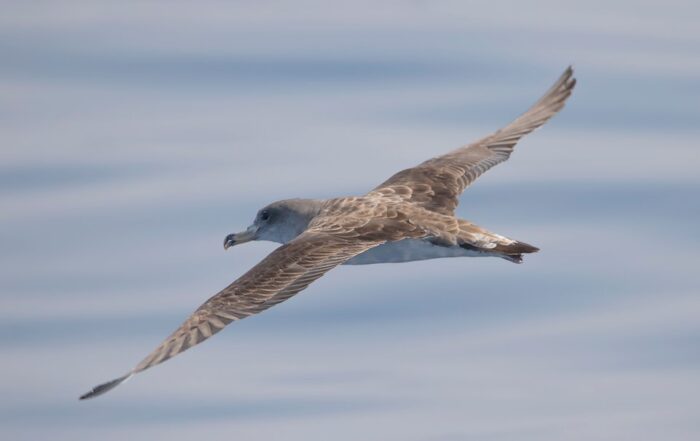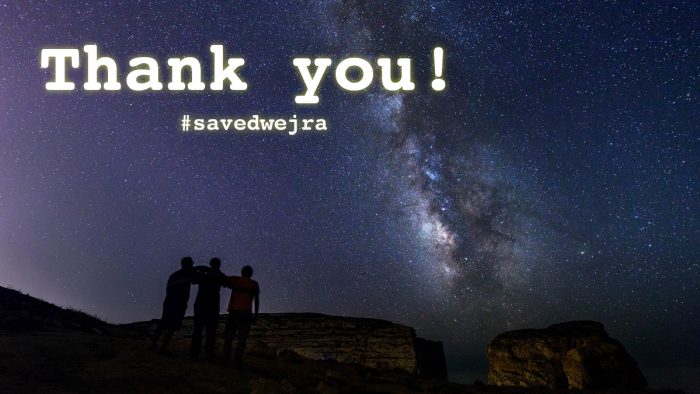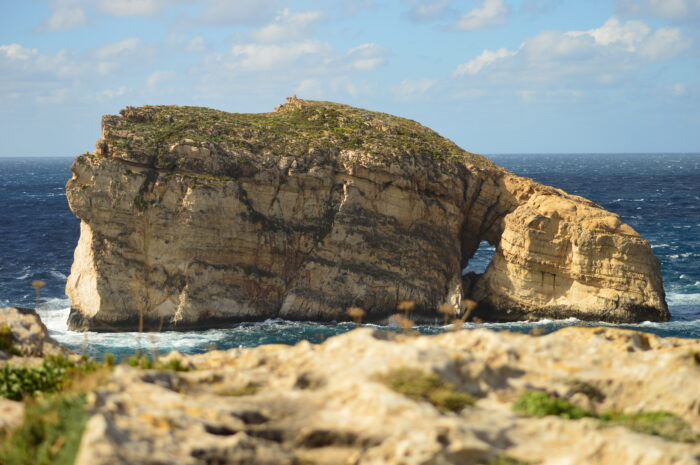Success! There is huge relief in that success and with it a sense of hope and progress. These are emotions rarely felt by environmental groups. However, for the 15 NGOs led by BirdLife Malta and the many concerned members of the public, the anxiously-awaited decision of the Court of Appeal to refuse the permit granted for extension of the Azure Window restaurant at Dwejra by the Environment and Planning Review Tribunal (EPRT) is certainly a momentous one. This decision is the culmination of months of campaigning, research and investment by those NGOs to prevent further encroachment of development into one of the few remaining natural sites in the Maltese Islands.
For those unfamiliar with the situation it may be bemusing that a permit to increase one small restaurant’s capacity should draw the ire of virtually every environmental NGO in the Maltese Islands. It may be more bemusing still when the decision to refuse the permit is cause for much celebration. To truly comprehend, one must first understand the value that a place like Dwejra has.
Dwejra is a site of immense natural, historical, scientific and cultural importance. Rightly protected by various items of legislation that reflect the ecological value of the rare and scarce species and habitats, Dwejra is afforded levels of protection few natural sites in the Maltese Islands can hope to attain. The one quality that makes this site almost unique to the Maltese Islands is its most intangible: darkness. Darkness is a rare commodity in the Maltese Islands, these days almost the entire population lives under severely light polluted skies. The few dark areas we have left are being constantly degraded by development and poorly implemented outdoor lighting. In an effort to halt the spread of light pollution, the Ministry for Gozo designated certain sites as Dark Sky Heritage Areas – areas where darkness itself was protected. Dwejra is one such area.
The loss of darkness through increasing levels of artificial light at night, or light pollution, is one of the fastest growing and pervasive forms of environmental degradation. What is a convenience for humans can be a major source disruption and even mortality for light-sensitive species. The cliffs that surround Dwejra support thousands of breeding seabirds. The majority are Scopoli’s Shearwaters, a species utterly dependent on darkness. They only return to land under its protection to attend their nests and feed their chicks. The illumination of their breeding colonies by artificial light sources causes substantial reduction in their activity and in extreme cases entire colonies may be abandoned. The western cliffs of Gozo, Dwejra in particular, are a stronghold for this species in the Maltese Islands.

Regrettably, despite the many layers of protection, development found its way to Dwejra. A litany of mismanagement, various legal loopholes and oversight by authorities has led to the construction of an interpretation centre – cum – catering facility, or restaurant as it is currently, to be built in the heart of Dwejra. Since being established in 2007, this restaurant has grown seemingly without hindrance from authorities, despite its very existence being illegal. Therefore, the most recent permit to extend it appeared to be a foregone conclusion. But this time the arguments that were so powerless to stop its rise previously were now listened to. Through the efforts of those 15 NGOs working in unison, along with massive public outcry, the permit was refused.
It may seem a small and trivial matter to refuse a permit to allow an extension to a small restaurant but such cases in the Maltese Islands are few and far between. There is far more to this success than merely winning the appeal. The success can be measured in the collaboration of so many NGOs, the hundreds of people that donated to the campaign and the phenomenal level of awareness that this case has brought to the issue of light pollution. For those of us working to reduce light pollution, we should almost be thankful to the owners of the Azure Window restaurant for helping us bring the issue to the forefront of national discussion.
There is still a long way to go but this case is an example of what can be achieved through working together to ensure that the rule of law is upheld.
By James Crymble, LIFE Arċipelagu Garnija Light Pollution Officer


